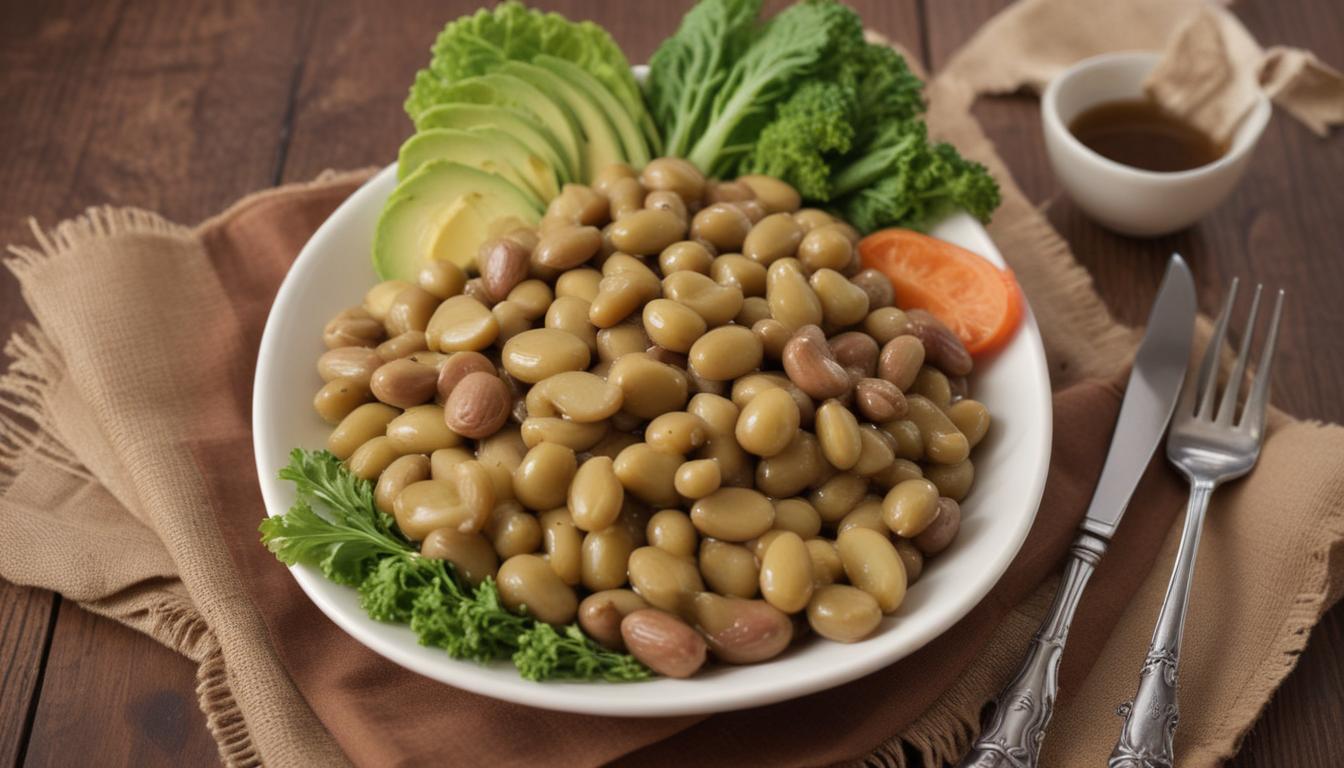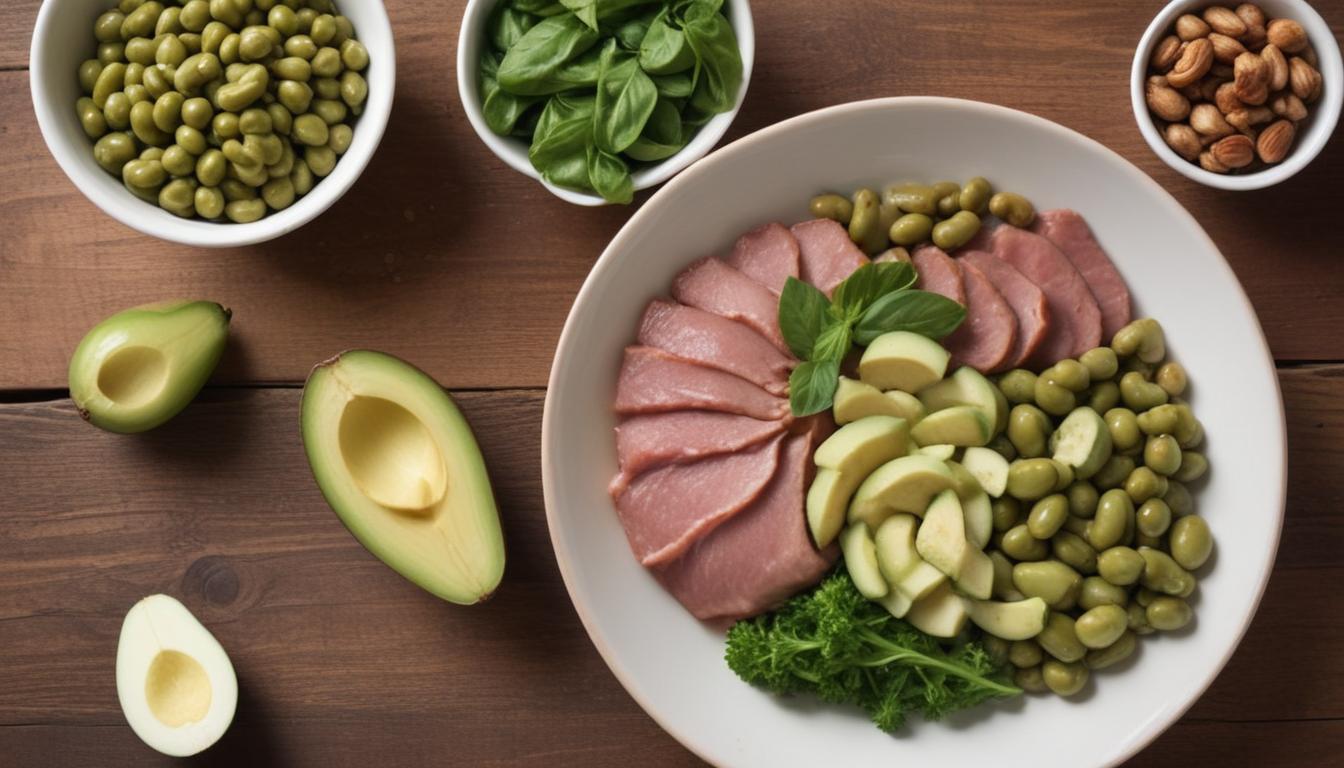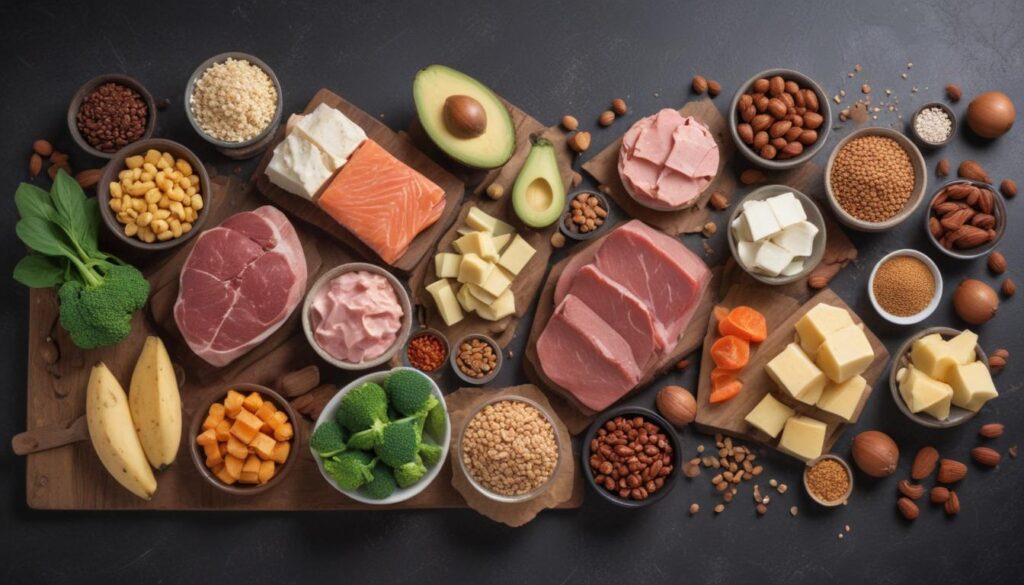Now Reading: Keep Your Gallbladder Healthy & Happy
-
01
Keep Your Gallbladder Healthy & Happy
Keep Your Gallbladder Healthy & Happy

Nurturing Your Gallbladder A Guide to Peak Digestive Health
Ever feel bloated, uncomfortable, or a sharp twinge of pain under your right ribs after enjoying a rich meal? You might blame your stomach or general indigestion, but the real issue could be stemming from a small, hardworking organ you rarely think about your gallbladder. This pear-shaped pouch plays a giant role in your digestive system, and when it isn’t happy, it can make its presence known in very uncomfortable ways. Ignoring these signals can lead to more significant problems down the road.
The good news is that you hold significant power over your gallbladder’s health through your daily choices. You don’t have to live with the fear of post-meal discomfort. By understanding what your gallbladder needs and making simple, effective adjustments to your diet and lifestyle, you can support its function, promote better digestion, and feel your best. This guide will walk you through the essential tips and strategies to keep this vital organ in top condition, turning digestive dread into digestive wellness.
What Does the Gallbladder Actually Do
Before we dive into how to care for it, it’s helpful to understand what your gallbladder’s job is. Tucked away beneath your liver, its primary function is to store and concentrate bile, a greenish-brown fluid produced by the liver. Think of it as a small reservoir, holding onto bile until it’s needed. When you eat, especially foods containing fat, your gallbladder gets a signal to contract and release this stored bile into your small intestine.
This process is absolutely crucial for healthy digestion. Bile acts like a detergent, breaking down large fat globules from your food into smaller, more manageable particles. This allows digestive enzymes to work more effectively, ensuring you can properly absorb essential fatty acids and fat-soluble vitamins like A, D, E, and K. Without this step, fats would pass through your system largely undigested, leading to the bloating, gas, and pain that signal a struggling digestive system. A healthy gallbladder ensures this process runs smoothly and efficiently.

Key Diet Tips for Gallbladder Wellness
Your diet is the single most influential factor in maintaining a healthy gallbladder. The foods you choose can either soothe and support it or place it under significant stress, potentially leading to inflammation and the formation of gallstones. Focusing on a balanced, nutrient-dense diet is the cornerstone of gallbladder care and overall digestive health.
Making conscious food choices doesn’t have to be complicated or restrictive. It’s about shifting your focus towards whole, unprocessed foods that work in harmony with your body. By prioritizing certain food groups and being mindful of others, you provide your gallbladder with the tools it needs to function optimally, helping to prevent the painful symptoms associated with gallbladder distress.
Embrace Healthy Fats
It may sound counterintuitive to eat fat to help an organ that digests fat, but the type of fat matters immensely. Consuming healthy, unsaturated fats is essential for gallbladder health. These fats, found in foods like avocados, olive oil, nuts, and seeds, trigger the gallbladder to contract gently and empty regularly. This steady emptying prevents bile from sitting in the gallbladder for too long, where it can become overly concentrated and form the crystals that lead to gallstones.
Conversely, a diet high in saturated and trans fats—found in fried foods, processed snacks, fatty red meat, and commercial baked goods—forces the gallbladder to work overtime under stressful conditions. This can lead to inflammation and painful contractions. Make simple swaps, like using olive oil instead of butter for cooking, snacking on a handful of almonds instead of a bag of chips, and adding avocado to your salads. These changes provide the healthy fats your gallbladder needs to stay active and clear.
Fill Up on Fiber
Fiber is a digestive superhero, and its benefits extend directly to your gallbladder. There are two types of fiber, soluble and insoluble, and both play important roles. Soluble fiber, found in oats, beans, apples, and carrots, dissolves in water to form a gel-like substance. This gel binds with bile and cholesterol in the intestines, helping to carry them out of the body and reducing the likelihood of gallstone formation.
Insoluble fiber, found in whole grains, nuts, and vegetables like cauliflower and green beans, adds bulk to your stool and helps food move more quickly through the digestive tract. This overall improvement in digestive regularity is beneficial for your entire system, including the liver and gallbladder. Aim to fill at least half your plate with colorful vegetables and include sources of whole grains and legumes in your daily meals to ensure you are getting a rich supply of this essential nutrient.
Choose Lean Proteins
Protein is a vital building block for your body, but high-fat protein sources can put a heavy load on your gallbladder. Fatty cuts of red meat, processed meats like sausages and bacon, and full-fat dairy products require a large release of bile for digestion, which can be taxing and inflammatory for a sensitive gallbladder.
To support your digestive system, focus on lean protein sources. Skinless chicken or turkey breast, fish, and plant-based proteins are excellent choices. Fatty fish like salmon and mackerel are particularly beneficial, as they are rich in omega-3 fatty acids, which have anti-inflammatory properties that can help soothe the gallbladder. Plant-based options like lentils, beans, tofu, and tempeh are also fantastic, as they are naturally low in fat and high in fiber, offering a double benefit for your digestive health.
When to See a Doctor
While these dietary and lifestyle tips are powerful tools for preventing gallbladder issues and managing mild discomfort, they are not a substitute for professional medical advice. It is crucial to recognize the signs that indicate a more serious problem requiring a doctor’s attention. If you experience severe and persistent pain in your upper right abdomen, pain that radiates to your back or shoulder, fever, chills, nausea, or vomiting, you should seek medical care immediately.
Furthermore, if you notice a yellowing of your skin or the whites of your eyes, known as jaundice, or have unusually light-colored stools or dark urine, it could be a sign of a bile duct blockage, which is a medical emergency. A doctor can perform physical exams and imaging tests like an ultrasound to accurately diagnose the cause of your symptoms. Whether it’s gallstones, inflammation, or another condition, getting a proper diagnosis is the first step toward effective treatment and lasting relief.




































